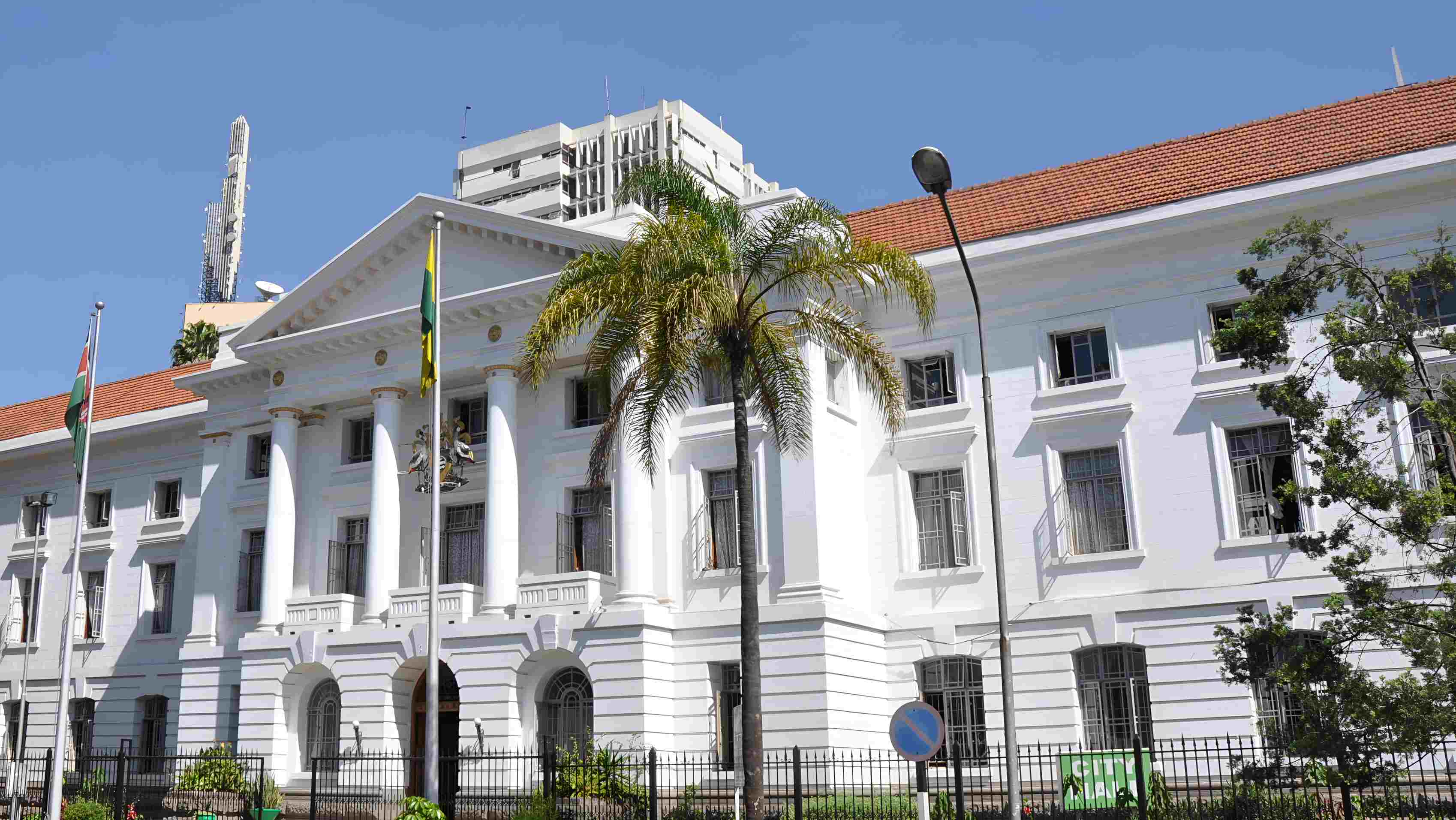Property auctions loom for Nairobi land rate defaulters

Sakaja has launched a crackdown on land rates targeting the recovery of billions of shillings in unpaid dues.
Governor Johnson Sakaja's administration has launched a crackdown on land rate defaulters across Nairobi, targeting the recovery of billions of shillings in unpaid dues.
Beginning today ( Tuesday), city officials have intensified efforts to recover land rates, as thousands of defaulters failed to act after the grace period for payment waivers expired.
Revenue Administration Chief Officer, Tiras Wainaina Njoroge, expressed frustration over the issue, stating that the county had exhausted all options to accommodate the defaulters.
"We have people running businesses across the city, who have big residences around the city and have not been making their payments despite us giving waivers and increasing the grace period for them to comply," said Njoroge.
Njoroge further emphasized that the county was ready to take decisive action against those refusing to pay, including freezing bank accounts and selling off properties.
"Our officers were out in the field marking out non-compliant buildings. We have the list, we know the locations and logistically we are ready," he noted.
Land rates arrears have grown to nearly Sh50 billion, with the county targeting to recover over Sh10 billion within the next two months.
Despite previous efforts to encourage payments, including extending working hours on Saturdays and sending reminders, many residents continue to ignore the county’s appeals.
"We have even gone door to door," Njoroge added.
The crackdown primarily affects affluent neighborhoods such as Runda, Kileleshwa, and Kilimani, where many defaulters reside. The county has also identified the banks of chronic defaulters and will begin freezing accounts to recover the debts.
Land rates make up a significant portion of Nairobi's revenue, contributing about 25 percent of the county's annual income, and the government relies on this source to fund critical services.
However, the growing non-compliance is straining the city’s financial health, with the county seeing a notable dip in revenue generation.
Nairobi’s major revenue sources include parking fees, single business permits, house rents, building permits, and advertising fees.
While the county continues to offer rent waivers for residents of county-owned houses, reports indicate that the delayed payments are having a significant negative impact on the overall revenue collection.
